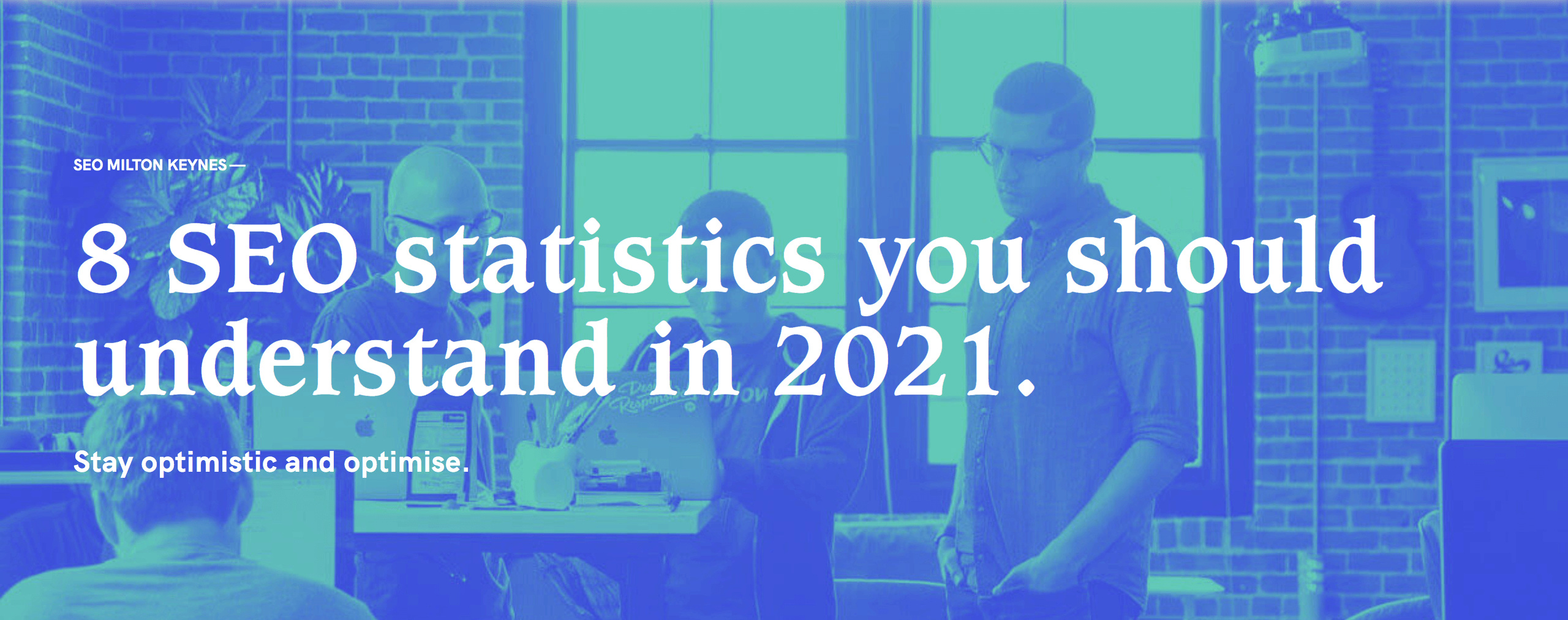Keep up with the algos
Google algorithm updates are a constant force to reckon with. These updates, which occur several times a year, are aimed at improving search results for users and ensuring that websites adhere to Google's evolving guidelines.
As a website owner or SEO enthusiast, comprehending these algorithm updates is crucial to maintaining and improving your website's visibility in search engine results. In this comprehensive guide, we will delve into the world of Google algorithm updates, explaining their significance, their impact on SEO, and how to adapt to the ever-changing search landscape.
The Dynamic World of Google Algorithms
What Are Google Algorithm Updates?
Google algorithms are complex mathematical formulas and processes that determine the order in which websites are ranked in search engine results. They consider numerous factors, including keywords, website quality, and user experience. Google periodically updates these algorithms to refine and enhance the search experience for users.
The Importance of Staying Informed
Understanding Google algorithm updates is crucial for anyone involved in SEO. These updates can significantly affect a website's search engine ranking, traffic, and overall performance. Staying informed allows website owners and SEO professionals to adapt to the changing SEO landscape and make informed decisions.
Need some support?
✔️ Improve your Google ranking
✔️ Understand your site performance
The Impact of Google Algorithm Updates on SEO
1. Rankings and Visibility
Google algorithm updates often lead to shifts in search engine rankings. Websites that were once at the top may find themselves lower down the list, while others rise to the forefront. The impact of these shifts on website visibility can be significant, influencing the number of organic visitors a site receives.
2. Traffic and Click-Through Rates (CTR)
Changes in rankings can lead to variations in organic traffic. A drop in ranking usually results in decreased traffic, while an increase can lead to more visitors. These changes in traffic can affect a website's click-through rates (CTR) and, subsequently, its potential for conversions.
3. User Experience and Mobile Friendliness
Google algorithm updates often place a strong emphasis on user experience and mobile-friendliness. Websites that provide a seamless experience on both desktop and mobile devices are rewarded with better rankings. Conversely, sites that don't meet these criteria may see a drop in search engine visibility.
4. Quality and Relevance
Algorithm updates aim to promote websites with high-quality, relevant, and informative content. Websites that engage in practices like keyword stuffing, low-quality content, or excessive advertising may face penalties and a decrease in rankings.
5. Local SEO
Local businesses are particularly affected by Google's algorithm updates. Local SEO is influenced by factors like Google Business Profile (formally known as Google My Business) listings, local reviews, and the accuracy of location information. Keeping up with algorithm changes is essential for maintaining local visibility.
Notable Google Algorithm Updates
Let's explore some of the most significant Google algorithm updates and their impact on SEO:
1. Panda
The Panda update, first introduced in 2011, focused on content quality. It penalised websites with thin or duplicate content and rewarded those with high-quality, informative content. It significantly impacted content farms and websites with low-quality content.
2. Penguin
The Penguin update, launched in 2012, targeted link quality. It penalised websites that engaged in manipulative link-building practices, such as buying links or participating in link schemes. Penguin aimed to promote natural and high-quality link profiles.
3. Hummingbird
Hummingbird, released in 2013, marked a shift in Google's approach to search. It focused on understanding the intent behind user queries and delivering more relevant results. SEOs needed to adapt by creating content that answered specific user questions and intents.
4. Mobilegeddon
Mobilegeddon, in 2015, emphasised the importance of mobile-friendliness. Websites that weren't mobile-responsive faced penalties in mobile search rankings. It highlighted the need for responsive design and mobile optimisation.
5. RankBrain
RankBrain, introduced in 2015, is an artificial intelligence component of Google's algorithm. It helps interpret and understand user queries, providing more relevant results. SEOs had to create content that matched user intent and improved user experience.
6. Core Updates
Google releases core updates several times a year. These updates often impact rankings and search results, with changes in visibility for many websites. Adapting to these core updates is an ongoing process for SEO professionals.
Adapting to Google Algorithm Updates
1. Stay Informed
Keeping abreast of Google's algorithm updates is essential. Google itself provides information about significant updates, and various SEO news websites and forums are dedicated to discussing these changes.
2. Focus on Quality
To thrive in the ever-changing SEO landscape, prioritise high-quality, relevant content. Avoid black-hat SEO techniques and focus on user experience. Regularly audit and update your content to ensure it remains fresh and valuable.
3. Mobile Optimisation
With the increasing use of mobile devices, ensure that your website is mobile-friendly. Invest in responsive design and perform mobile optimisation to enhance the user experience.
4. Diverse Link Building
Engage in diverse and natural link-building practices. Avoid manipulative techniques and focus on gaining high-quality backlinks from authoritative sources within your niche.
5. User Intent
Create content that aligns with user intent. Address specific user queries and provide valuable, informative answers to improve user experience and search engine rankings.
6. Regular SEO Audits
Perform regular SEO audits to identify and address issues that may negatively impact your website's performance in search results. Monitor your website's performance and adapt to algorithm changes promptly.
Conclusion
Google algorithm updates are a fundamental aspect of the SEO landscape. While these updates can disrupt rankings and traffic, they also provide opportunities for those who adapt and maintain high-quality, user-centric websites.
To thrive in this dynamic environment, website owners and SEO professionals must stay informed, focus on quality and relevance, optimise for mobile, diversify link-building efforts, and align with user intent. By embracing these strategies, you can not only weather the ever-changing SEO storm but also capitalise on opportunities to improve your website's visibility and success in the world of online search.
FULLTIME.digital build and optimise websites specific to your needs and your business. Want to get serious about your website?
Get in touch and talk to the team.


